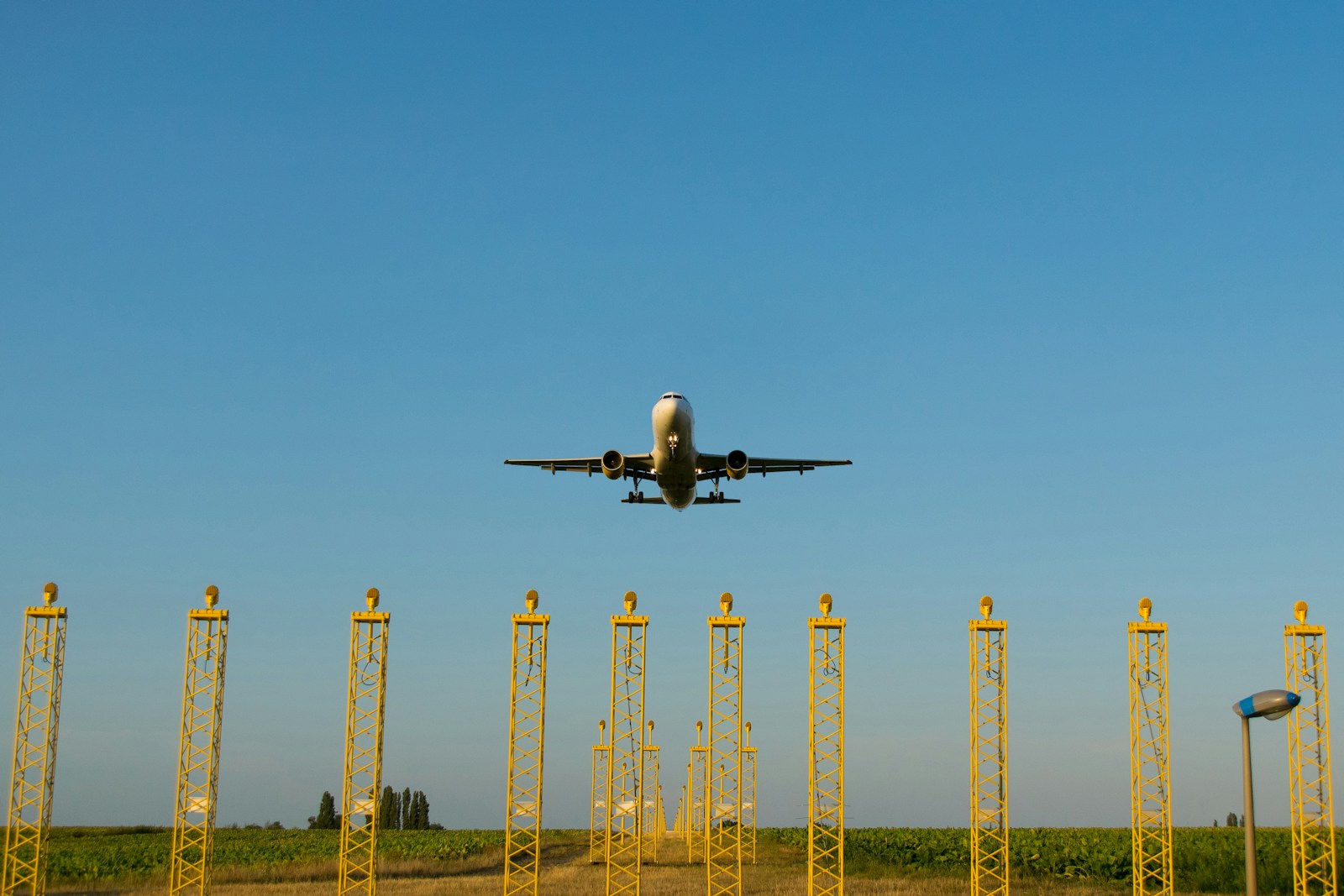Brussels Airport will partner with IES to build a digital twin of the airport in more energy-intensive areas to reduce emissions and boost sustainability.
The collaboration will create a digital replica of 40 sites, simulating EV chargers and other emission-reducing initiatives to reach net zero emissions by 2030. Across the board, the partnership will involve around twenty partners in building digital twins in the hope of reducing emissions.
Currently funded by the European Commission via Project Stargate, the project has received over $24 million in funding from the EU as part of its European Green Deal to improve sustainability within airports. IES has predicted that the airport can save around 63% in CO2 emissions through digital twins.

Overall, this collaboration underpins the positive contribution digital twins can make to reducing emissions and, by extension, to fighting climate change. For more information on this use case, check out our intelligence platform.
If you found this article to be informative, you can explore more current Digital Twin news here exclusives, interviews, and podcasts.













